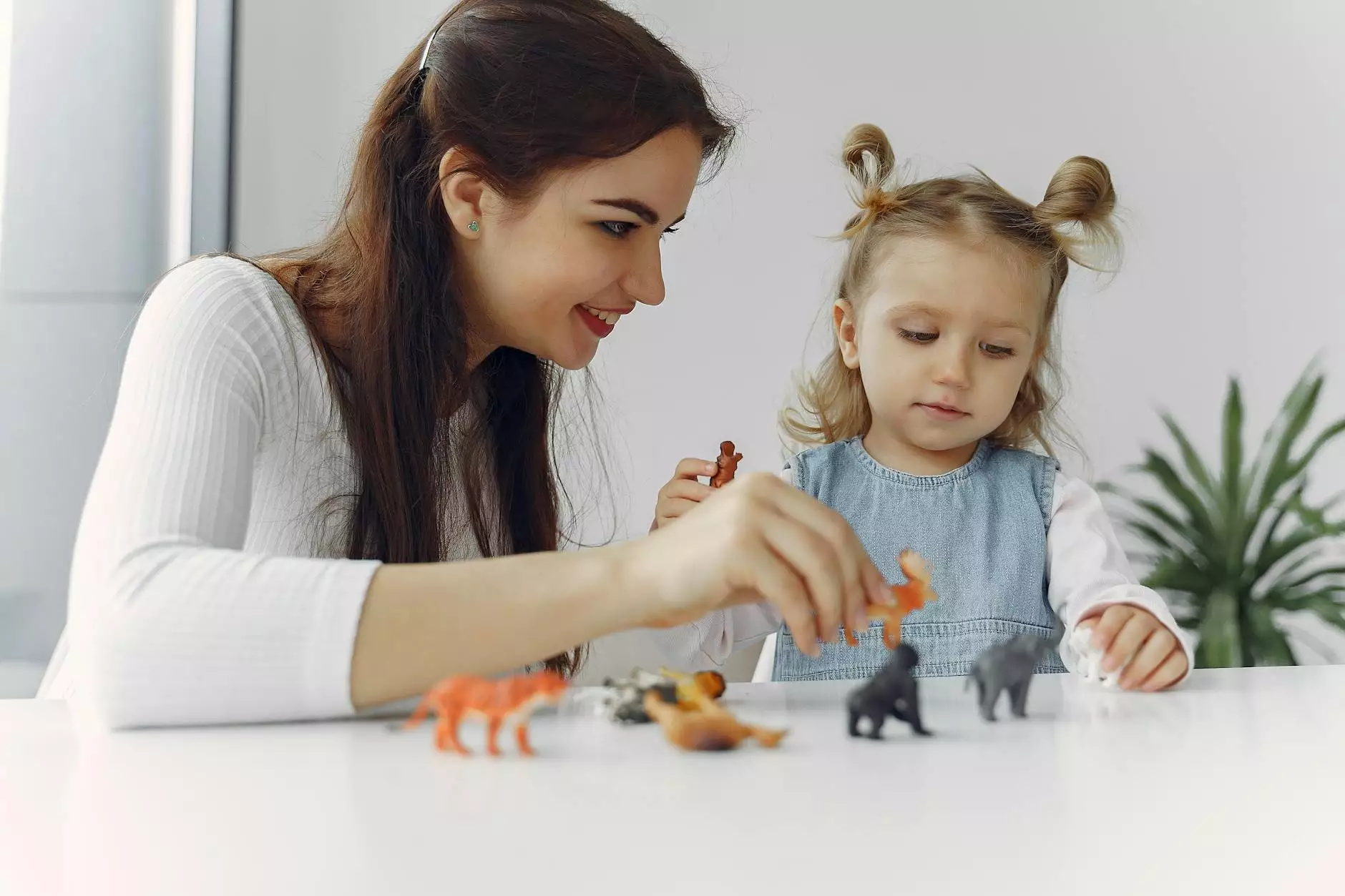What to Know about Early Childhood Development Milestones
Health
Introduction
Welcome to MUIR DIABLO OCCUPATIONAL MEDICINE's comprehensive guide on early childhood development milestones. In this article, we will explore the crucial stages that children go through in their growth and development. Understanding these milestones is essential for parents, caregivers, and healthcare professionals to ensure the optimal well-being of children.
Importance of Early Childhood Development
Early childhood development plays a pivotal role in shaping a child's physical, cognitive, social, and emotional abilities. It sets the foundation for future learning, behavior, and overall health. Research shows that providing the right support and nurturing during early years significantly enhances a child's chances of success in various aspects of life. By identifying and monitoring development milestones, parents and caregivers can take appropriate steps to promote healthy growth.
Physical Development Milestones
Physical development milestones encompass various aspects of a child's physical abilities, including gross motor skills, fine motor skills, and sensory development. Here are some key physical development milestones to be aware of:
Gross Motor Skills
- Crawling, rolling, and sitting independently
- Walking, running, and climbing stairs with support
- Jumping, hopping, and balancing on one foot
Fine Motor Skills
- Grasping objects and using a pincer grasp
- Stacking blocks and using crayons and scissors
- Tying shoelaces and buttoning clothes
Sensory Development
A child's sensory development involves the exploration and understanding of the senses. It includes:
- Visual perception and recognition
- Hearing and auditory processing
- Tactile sensitivity and fine touch
- Taste and smell discrimination
Cognitive Development Milestones
Cognitive development milestones refer to a child's intellectual abilities and mental processes. These milestones indicate how a child perceives, thinks, and learns. Here are some important cognitive development milestones:
Language and Communication
- Babbling, making sounds, and saying first words
- Building vocabulary and forming sentences
- Understanding simple instructions and engaging in conversations
Problem Solving and Reasoning
- Exploring objects and cause-and-effect relationships
- Solving simple puzzles and recognizing shapes
- Increasing memory and attention span
Imagination and Creativity
A child's ability to think imaginatively and creatively is an important cognitive milestone. It involves:
- Pretend play and creating stories
- Drawing, painting, and engaging in artistic activities
- Developing problem-solving skills through imaginative play
Social and Emotional Development Milestones
Social and emotional development milestones focus on a child's ability to form relationships, manage emotions, and understand others' feelings. These milestones help shape a child's self-identity and emotional well-being. Here are some key social and emotional development milestones:
Emotional Regulation
- Expressing basic emotions like joy, anger, and sadness
- Managing and regulating emotions appropriately
- Showing empathy towards others
Social Interactions
- Engaging in parallel play and cooperative play
- Sharing, taking turns, and cooperating with peers
- Developing friendships and understanding social norms
Self-Identity and Autonomy
A child's sense of self and independence undergo significant development during early childhood. Key milestones related to self-identity and autonomy include:
- Recognizing and naming themselves
- Expressing personal preferences and choices
- Developing a sense of responsibility and independence
Conclusion
Understanding early childhood development milestones is crucial for parents, caregivers, and healthcare professionals. By recognizing and supporting a child's growth in physical, cognitive, social, and emotional domains, we can provide them with the best possible foundation for a successful future. Stay informed about these milestones and seek guidance from professionals for any concerns you may have about your child's development. Together, let's ensure every child has the opportunity to thrive!









